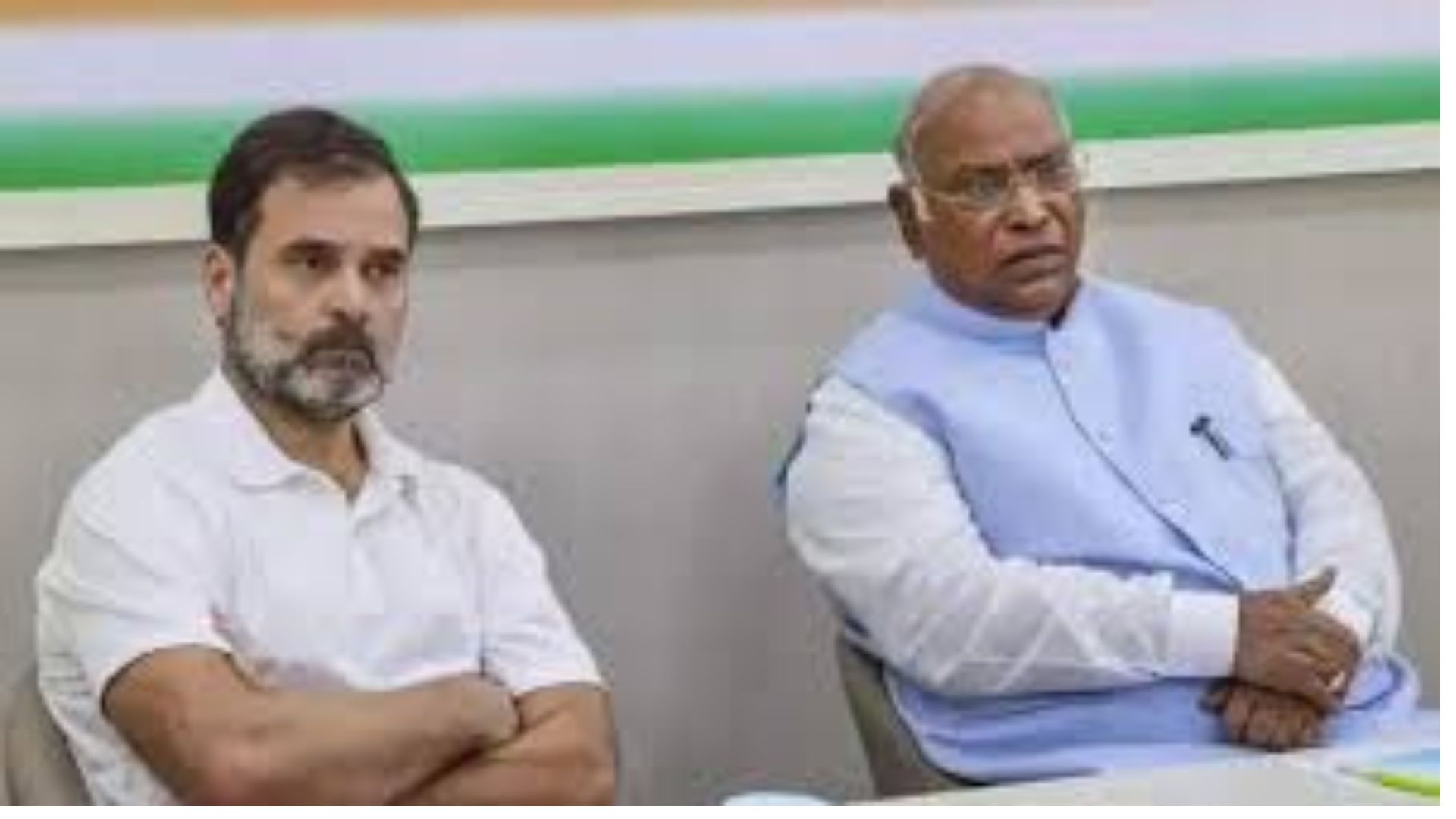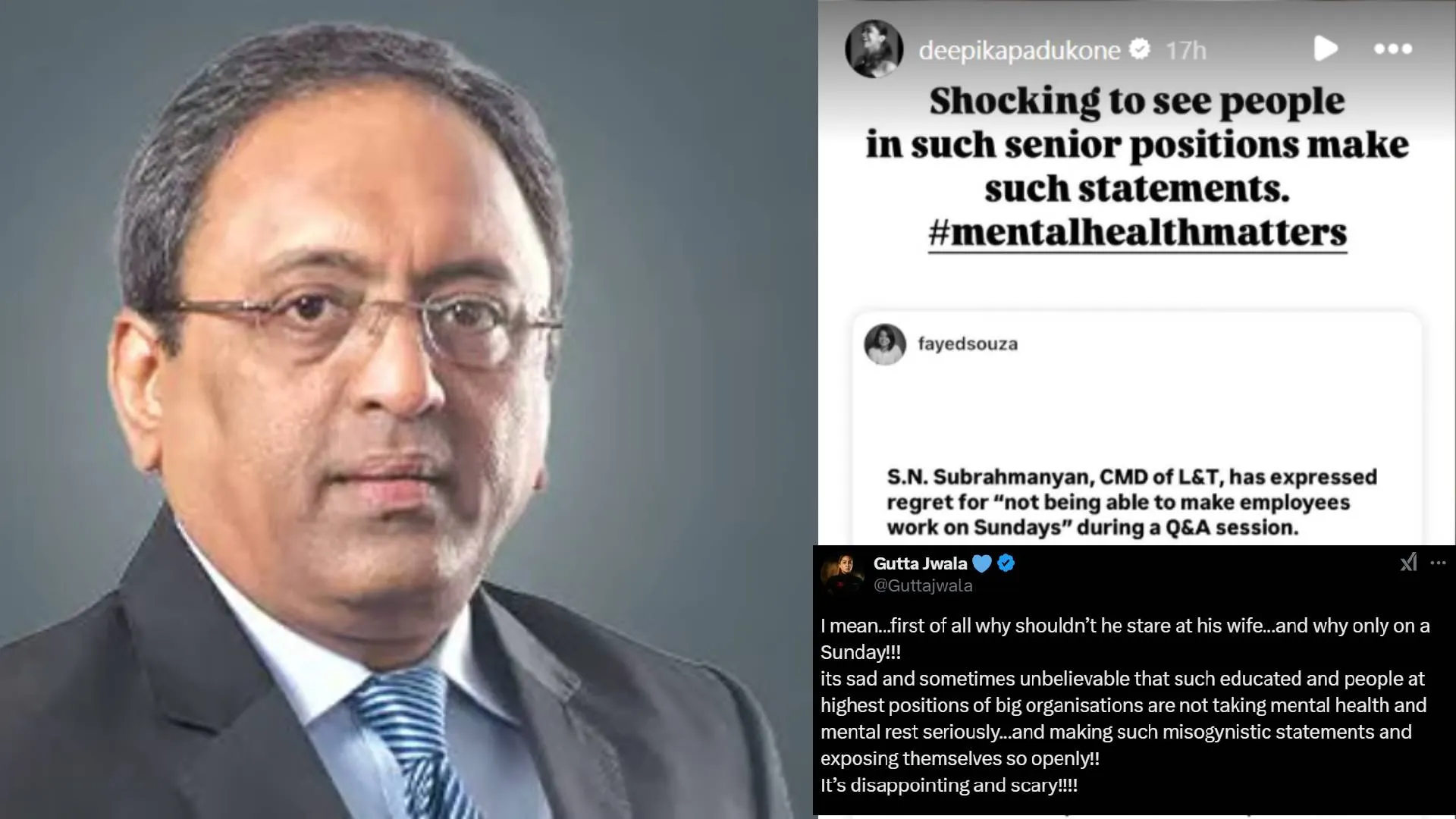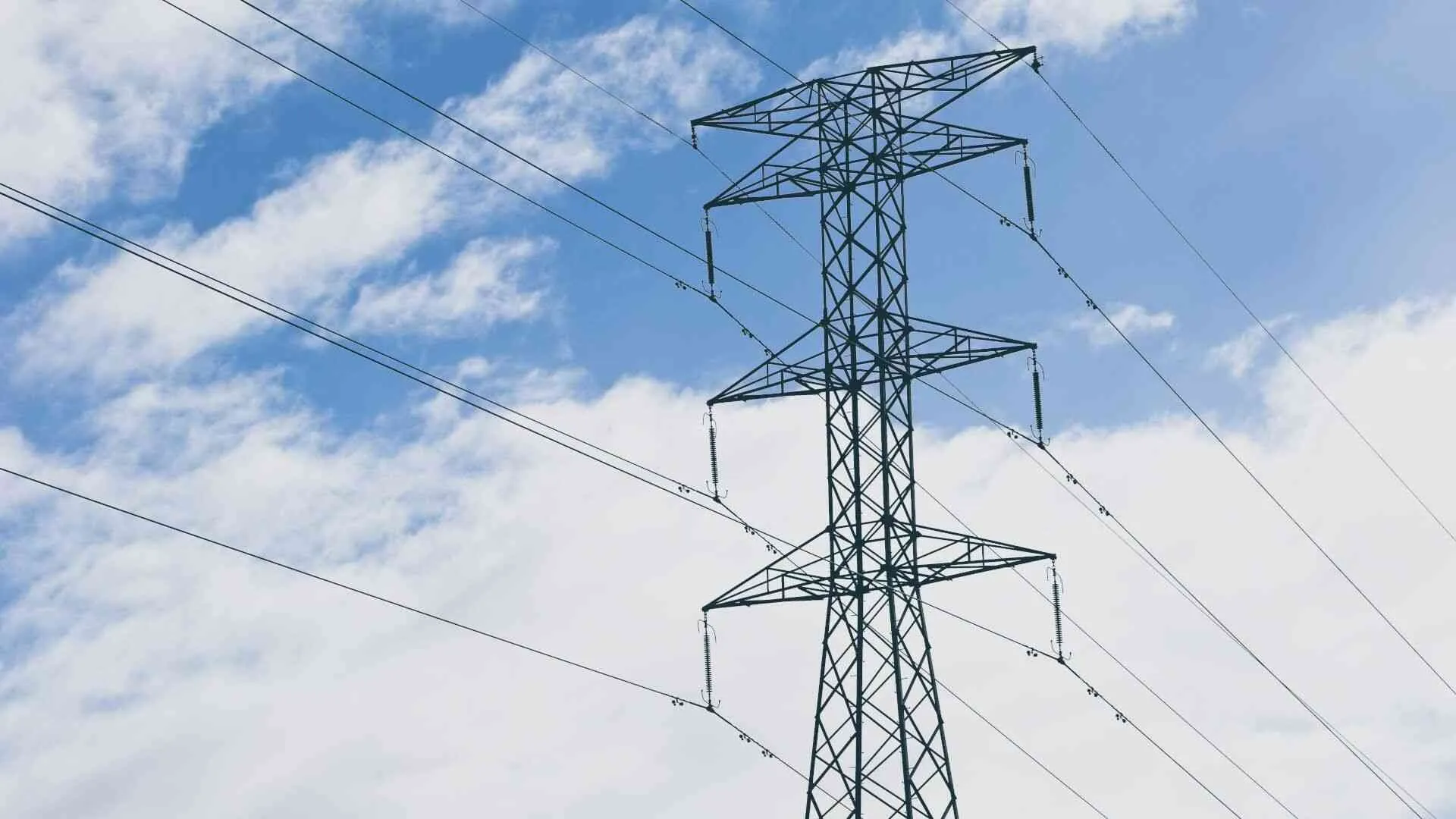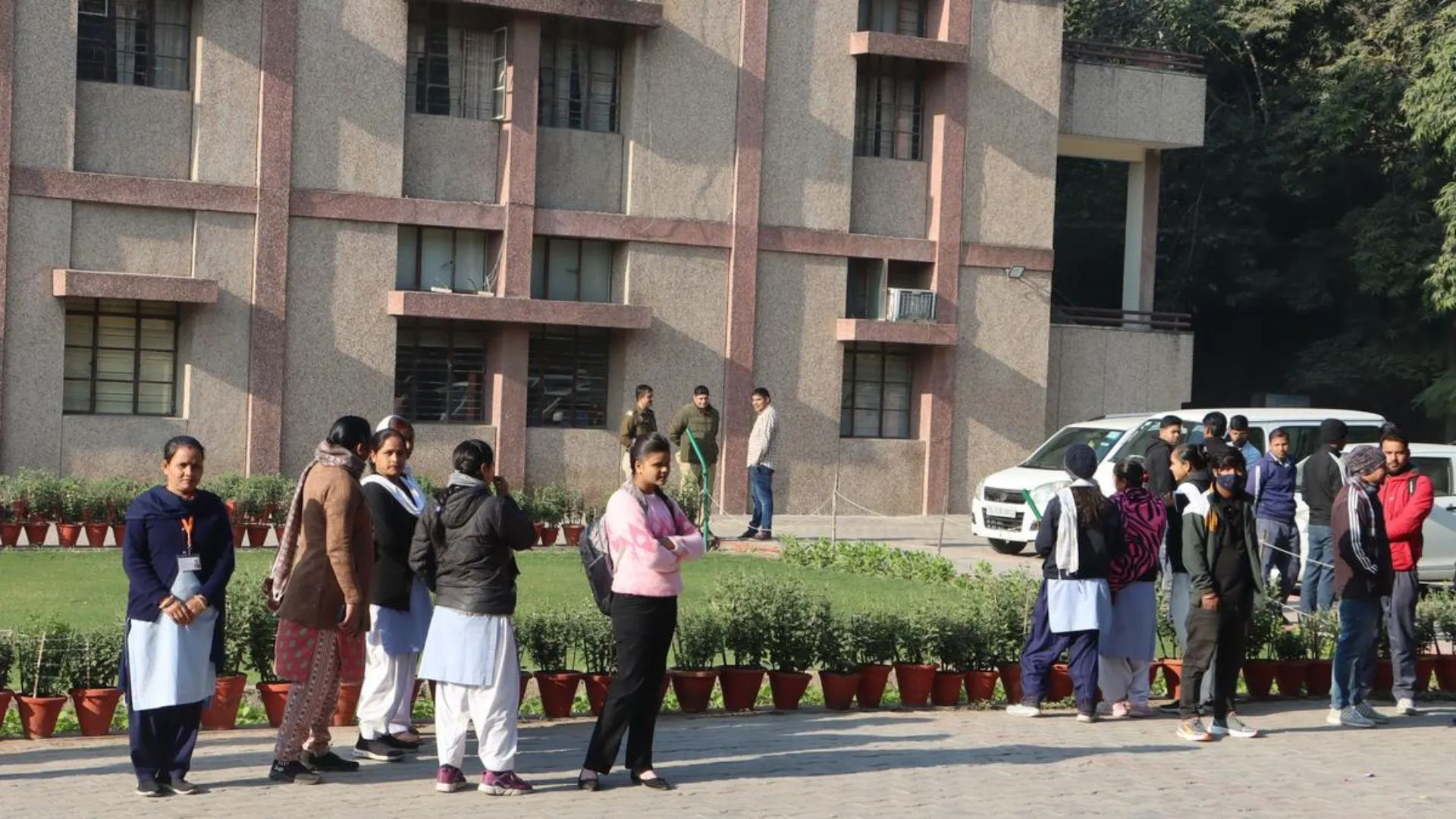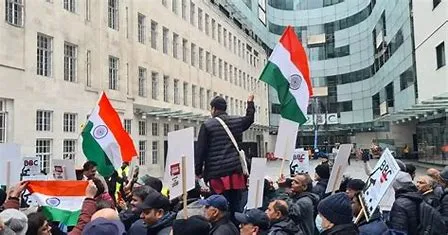The Congress party has voiced its opposition to the Union Cabinet’s decision to accept the recommendations of the high-level committee on ‘One Nation, One Election.’ Congress President Mallikarjun Kharge stated on Wednesday that holding simultaneous elections is incompatible with democratic principles.
“We don’t stand with this. One Nation, One Election cannot work in a democracy. Elections need to be held as and when required if we want our democracy to survive,” Kharge said, emphasizing the party’s stance.
Congress leader KC Venugopal further criticized the proposal, calling it impractical. “It is not practical in this country. They want to divert attention from present issues,” Venugopal remarked.
In response to these criticisms, Information and Broadcasting Minister Ashwini Vaishnaw suggested that the opposition might be feeling internal pressure. “More than 80 percent of respondents who participated in the consultation process have given their positive support, especially the youth. They are very much in favor of this,” Vaishnaw stated during a media briefing.
The debate comes in the wake of the High-Level Committee on Simultaneous Elections, chaired by former President Ram Nath Kovind, submitting its report to President Droupadi Murmu earlier this year. The government noted that the report, totaling 18,626 pages, resulted from extensive consultations with stakeholders and experts over 191 days, following the committee’s formation on September 2, 2023.

